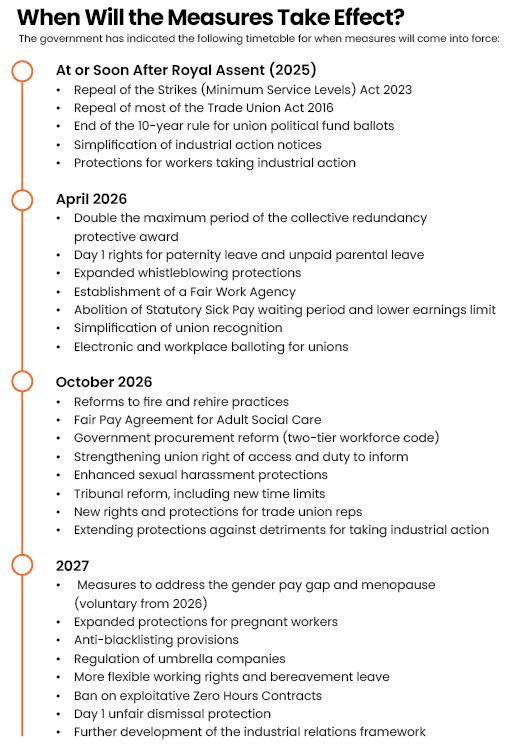Why do People Join Unions?
- msmithorganiser
- Mar 7, 2021
- 2 min read

And what keeps them away?
There are lots of theories about why people join unions at work, get active in them and what they are looking for from a union as they consider joining.
Organisers know that union membership isn’t particularly price sensitive – potential members look at us in a different way than they do organisations selling services. There is no Compare the Market app for a union card.
Organisers also know that the notion of “worker apathy” as a block to union building is a self serving myth, sometimes used to blame workers for their own exploitation, and to avoid taking responsibility for a failure to build workplace power.
Extensive experience of discussing unions with non-members shows us that a combination of the following factors – “The Five C’s “ makes the difference in whether groups of workers join up and get active where they work – or decline to do so.
Campaign – The union must be seen to always have a claim on the table with the employer and planned campaign actions in the workplace that involve every worker affected being invited to participate. General digital, political, and social media campaigns have their place in unions but do not on their own draw workers in as effectively as making a direct demand on an employer as a group of workers.
Credibility – The union must have a grasp of the workplace issues workers are actually talking about rather those that they as organisers think they should be concerned about. The union must then adopt a credible analysis on the change needed and the campaign actions it invites workers to get involved in. Unions aiming to grow their power and influence cannot assume this credibility or pretend to a power and voice they do not have. Growing unions constantly act to re-earn the right to speak for a group of workers.
Commitment – Unions need to be seen as part of normal day to day life in each workplace – in it for the long haul and not just this year’s pay round. Democratic, and visible workplace rep structures are key to demonstrating this commitment.
Contact – The workplace union needs to maintain regular planned contact with all workers in their areas through an organic and permanent process of workplace mapping. Growing unions cannot afford to assume that everyone at work knows they exist and how to contact them.
Communications – Each workplace union requires a plan to communicate its members’ aspirations to the whole workforce and to the employer – whether through bulletins, noticeboards, email, or social media, understanding that assuming union communications happen organically can exclude whole groups of workers.
For all these reasons union organisers are eternal optimists and tend take the view that all workers know that they want and need unions and will join and become active in their union if our plan for change is convincing



Comments